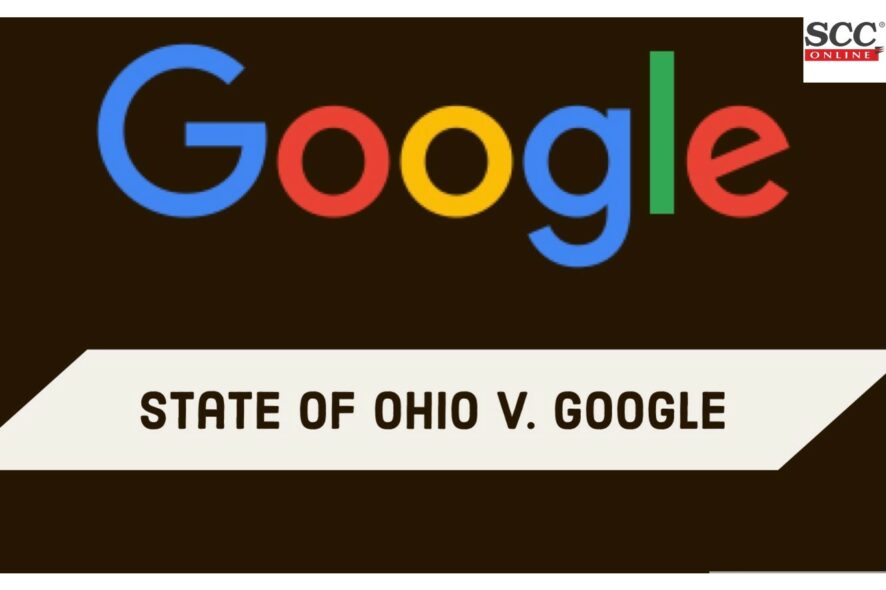In Common Pleas Court Delaware County, Ohio Civil Division, State of Ohio filed a suit against Google.
Following is a summary of pleadings advanced by the State of Ohio in its suit against Google LLC:
Plaintiff, the State of Ohio has brought action seeking declaratory and injunctive relief against Google LLC.
In lieu of charging a fee, Google collects user data, which is monetized in various ways – primarily via selling targeted advertisements.
Virtuous Cycle
Google Search came to dominate the market. Because Google Search is the most used search engine, its algorithms are the most refined and is perceived to generate the most relevant results. Thus, Google’s dominant market position allows it to continue to refine its search algorithms to render Google with a competitive advantage over other search engines, leading to more market dominance by Google Search.
First claim in the present matter is narrowly focused on establishing that Google’s provision of internet search is properly classified as a common carrier and/pr public utility under Ohio Common Law.
Ohio requests injunctive relief to remedy the unfair advantages Google’s presentation of search results, have allowed it to create for its other business lines.
It was stated that Google intentionally structures its Results Pages to prioritize Google products over organic search results. Google intentionally disadvantages competitors, by featuring Google products and services prominently on Results pages. Google’s Results Page architecture is therefore designed to provide Google’s own products, services, and platforms with an advantage over providers of similar products, services, and platforms, in turn, also limiting traffic to non-Google sites.
What does the State of Ohio seek through this suit?
Ohio has an interest in ensuring that Google, its users, and the entities whose information Google carries are aware that Google Search is a common carrier under Ohio law. Ohio also has an interest in ensuring that as a common carrier Google Search does not unfairly discriminate against third party websites; that Google carries all responsive search results on an equal basis; and that it provides the public with ready access to organic search results that the Google Search algorithms produce.
Declaratory Judgment
Real and Justiciable Controversy between State of Ohio and Google
The above concerns whether Google’s operation of Google Search is a common carrier and/or public utility and the duties Google owes as a common carrier and/or public utility to the State of Ohio, all of its component parts, and its citizens, journalists, and businesses.
It is expressed that an entity may be characterized as a public utility if the nature of its operation is a matter of public concern and if membership is indiscriminately and reasonably made available to the general public.
Google’s operation of Google Search is a public utility and Google, in its operation of Google Search, is a common carrier.
Common Carrier Non-Discrimination Declaratory Judgment & Permanent Injunctions
Google is duty-bound, as a common carrier, not to structure Google Search Results in a manner that unfairly discriminates against providers of products, services and information with whom Google’s non-search components compete.
The self-preference by Google on Results Pages is unreasonable discrimination by a common carrier.
Therefore, State of Ohio is specifically entitled to a declaration that Google, in its operation of Google Search, has a duty to carry information from other sources indiscriminately as compared to Google’s own information.
Thus, Damages are an inadequate remedy for Google’s impermissible self-preferencing on the Results Page. [State of Ohio v. Google LLC]



